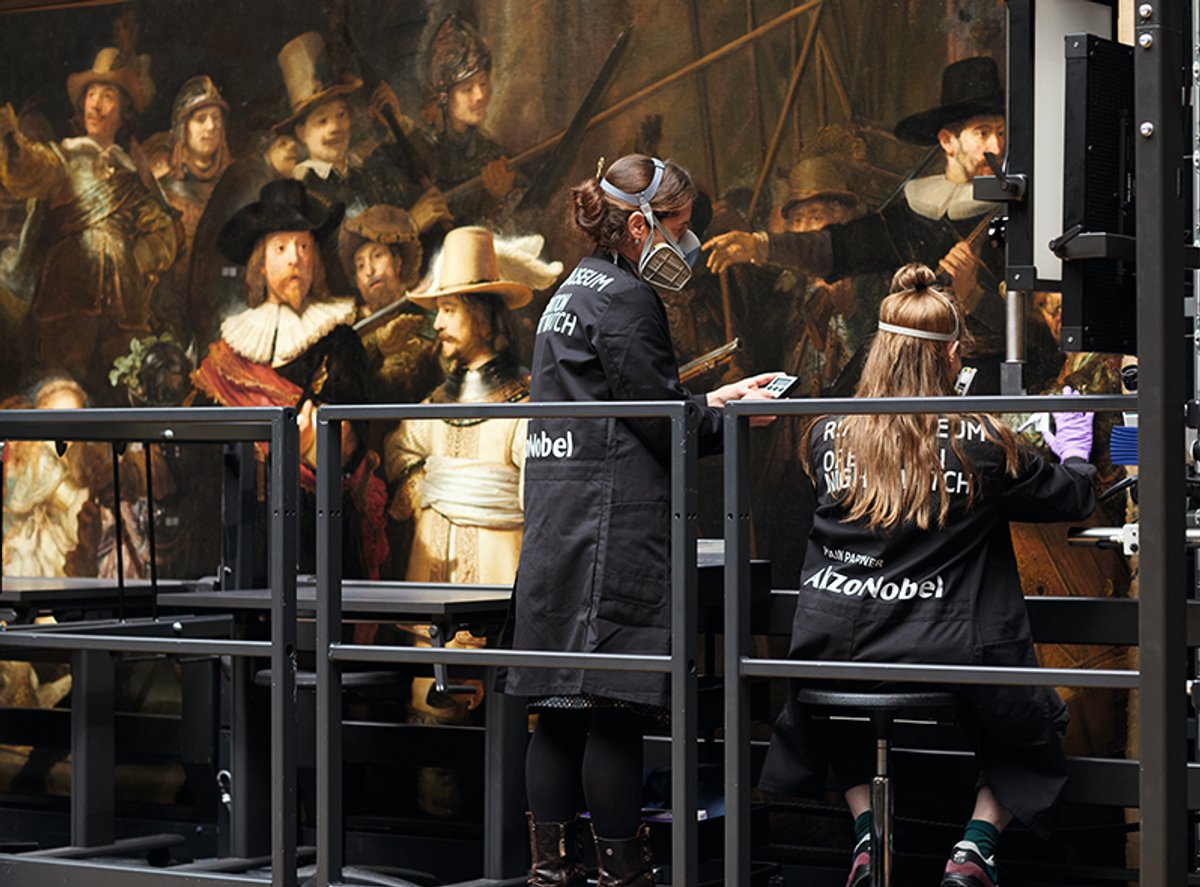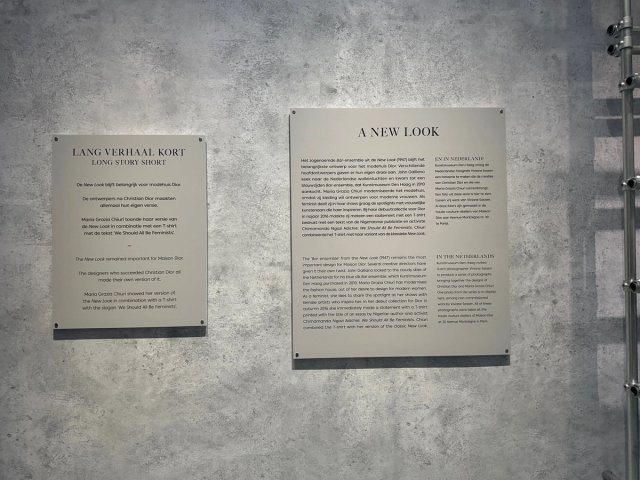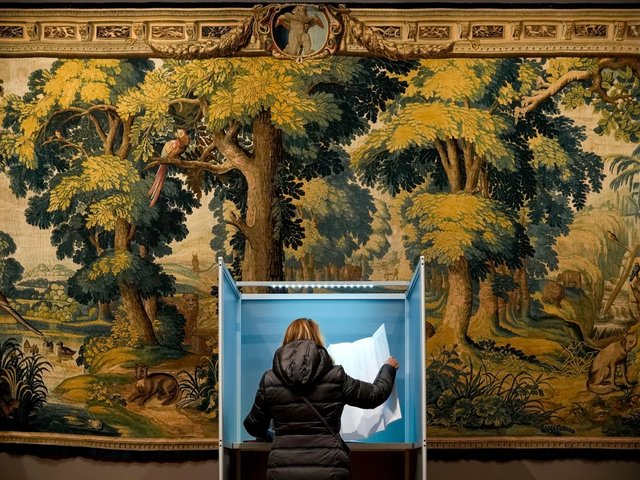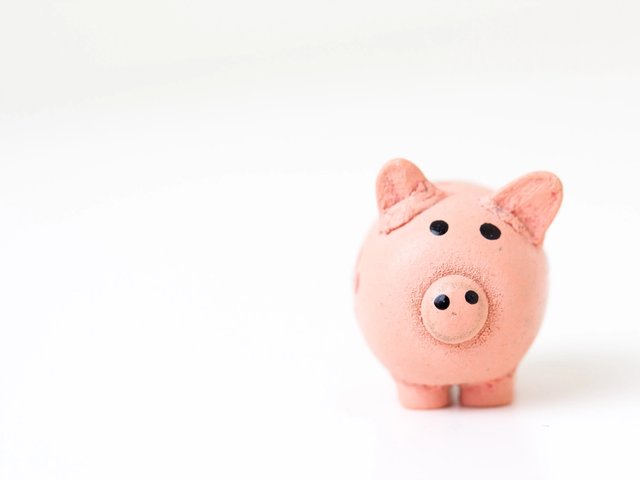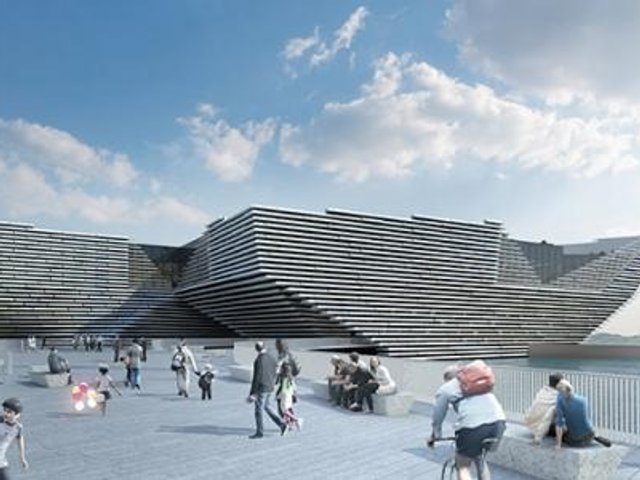Faced with an array of funding cuts in the first budget presented by the new right-wing government, Dutch museums at least won a last-minute reprieve from its plan to raise value-added tax (VAT) on cultural institutions. But museum directors are left shaken and concerned about what might come next.
After shock elections in November 2023, in which the far-right Party for Freedom (PVV) won the largest share of the vote, the Netherlands has a coalition of liberal, populist and reformist parties. On top of cuts to higher education that have sparked nationwide protests, the government’s first budget proposed raising VAT on cultural institutions (excluding theme parks and cinemas) to 21% from 9% from 2026.
The cultural sector, already damaged by Covid-19 lockdowns, reacted with horror, campaigns and demonstrations. After opposition parties united to ensure the budget would not pass the Senate, the government announced in November that it will try to find another way to raise €1.2bn, and the budget was subsequently passed late last month.
A report commissioned by the arts funding agency Het Cultuurfonds said that the tax rise—combined with four other measures including cuts in overall culture and local government subsidies—would have been disastrous.
“If it had stayed, we made a calculation that the cultural sector would have had a loss of income of approximately €110m,” says Cathelijne Broers, the director of Het Cultuurfonds. “That’s a lot of money for every organisation working in the cultural field.”
‘Art deserts’
The planned spending cuts will still add to pressures from rising material costs, higher salaries and energy bills—and smaller organisations that nurture young talent are most vulnerable, Broers says. “If we don’t jump in with private foundations and donors, it might harm the cultural infrastructure in the Netherlands, and then we will end up with art deserts in the regions,” she says.
Education and social inclusion initiatives will also be threatened, says Emilie Gordenker, the director of the Van Gogh Museum—which has programmed everything from a Pokémon collaboration to Sunday morning yoga. She nonetheless welcomes the narrow escape on VAT.
“The impact of the higher level of VAT would have had the opposite effect to the stated aim of the current government, namely to make cultural offerings more accessible to Dutch residents, and particularly those living outside of the major cities in the Netherlands,” she says. “It would also have put pressure on our budget for activities such as educational programming, which are intended to appeal to a diverse audience.”
Others point out that the Dutch government is sending a strange message about leisure activities. “We find it peculiar that this government apparently considers amusement parks and zoos to be more important as a leisure activity than a visit to a museum,” says Udo Feitsma, the spokesman for the Dutch Museum Association, which is also campaigning for index-linked subsidy rises. “These choices appear arbitrary.”
More important is the message the proposals sent, says Bart Rutten, the artistic director of Centraal Museum in Utrecht. “They are forcing us to consider ourselves as consumer goods—and that is, of course, not why we are here on Earth,” he says. “It is insulting.”
Het Cultuurfonds’s report says that the budget as originally presented also lowered national funds for municipalities, which would in turn cut their cultural subsidies by 5% to 10% if implemented. Organisations with direct national subsidies will suffer a €1bn cut, resulting in 5% to 10% less funding. Higher tax on national lottery wins would reduce the organisation’s donations, as it would lead to fewer tickets being sold. A planned cut in tax deductions for gifts also appears to have been stalled—but this would have led to 5% to 7% fewer gifts to cultural bodies, Het Cultuurfonds said.
Taco Dibbits, the general director of the national Rijksmuseum, said he wants more surety that VAT rises are definitively ruled out because any such increases would simply raise ticket prices. “It would be scandalous; you basically punish Dutch citizens for wanting to have access to art and culture—a basic right. This is not only something that only enriches us. I think it’s intrinsic to life.”


